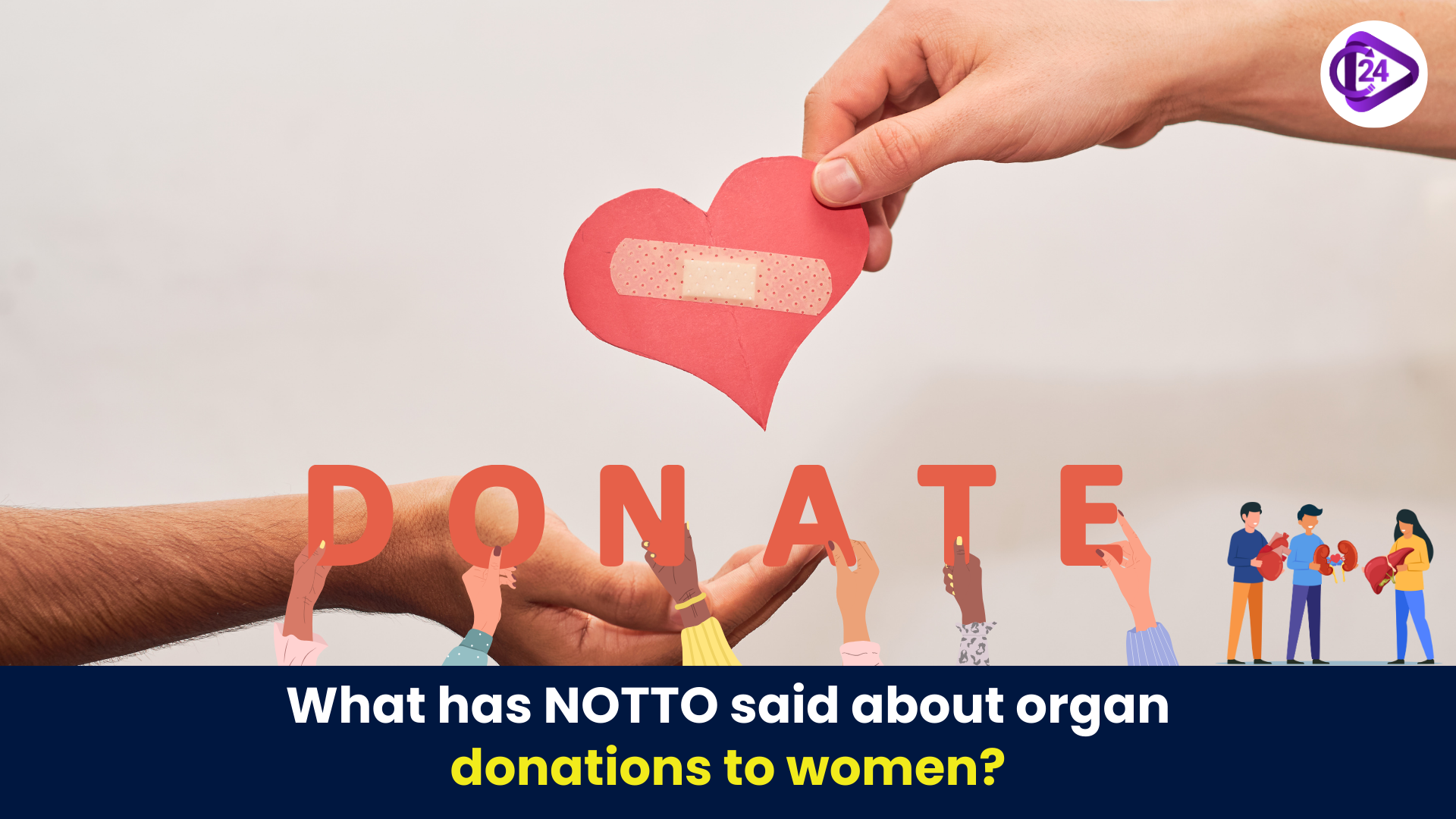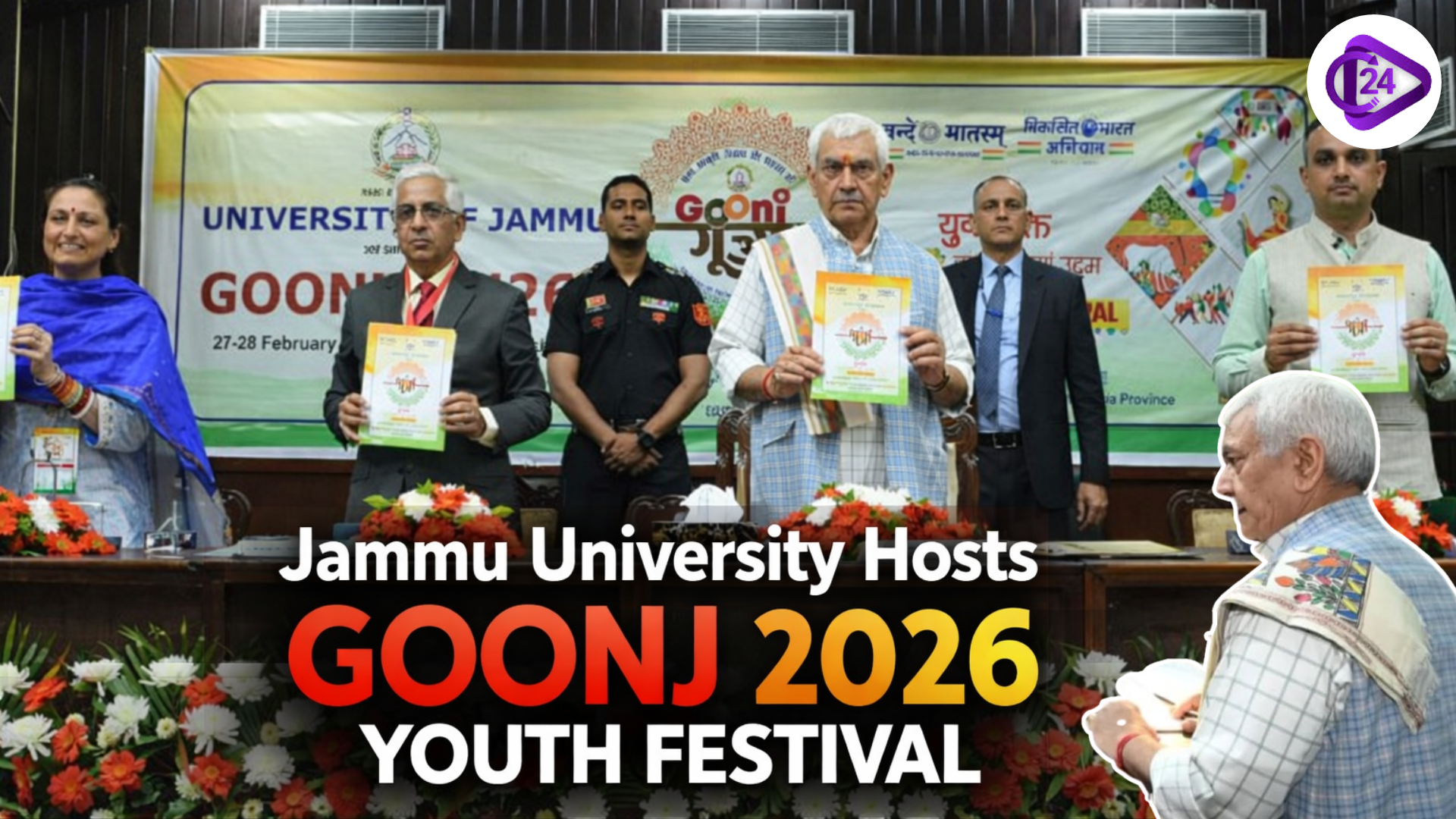Daily Quizzes
Mock Tests
No tests attempted yet.
Select Category

The National Organ and Tissue Transplant Organisation (NOTTO) has ordered that women patients/relatives of the deceased donor will be given first priority to organ allocation. The step follows reports that showed a stark gender gap in India organ donation system that sees women donating organs in large numbers but getting transplanted in small. In the 20192023 year period, women donated an almost 64% majority of donors whereas 70 % of recipients were males. The advisory is included under a 10-point plan to attract donors and guide against gender favoritism. It also wants to see improvement of infrastructure, training, and awareness towards increasing organ donation in India.
Context
-
They have been underrepresented as recipients especially when compared to the high contribution of women as organ sources in India.
-
The two problems that the advisory of OTTO corrects are the disparity in gender and systemic issues in the organ donation system.
-
The action is in the wake of a campaign across the world to create awareness and make the donor systems more efficient.
Key Points
New Advisory in NOTTO
-
Give priority in the allocation of organs to women patients and to relatives of deceased donors.
-
The 10-point advisory also encompasses the following:
-
Appointment of hospital based transplant coordinators.
-
Development of organ retrieving facilities in trauma centres.
-
Educating the emergency responders on how to detect possible donors.
Gender Gap in Organ Donation
-
2019–2023 data (NOTTO):
-
Donors: 63.8% women (36,038 out of 56,509).
-
Recipients: 69.8% men (39,447 out of 56,488).
-
-
Study in the British Medical Journal highlighted: “Women donate the most, receive the least.”
Legal Framework
-
Covered via Transplantation of Human Organs Act, 1994 (subsequently amended in 2011 to include tissues).
-
Makes the selling/buying of organs illegal; any breach of this rule is punishable by heavy fines and court sanctions.
-
TO is the umbrella organization that governs the activities of organ allocation and recipients vs. donors matching.
Organ Donation as it stands today
-
WHO estimate: 1,30,000 solid organ transplants worldwide annually, meeting only ~10% of need.
-
In India:
-
1.8 lakh develop end-stage kidney disease yearly.
-
Only ~12,000 kidney transplants were performed.
-
A single donor can save up to 8 lives and improve many more with tissues like corneas and skin.
-
Challenges & Awareness
-
Obstacles: cultural myths, lack of awareness and even reluctance in families.
-
Government/NGO appeals improve willingness but donation is still rule-based-none bypassing the waitlists.
-
Medical practitioners point out that the current methods guarantee long and healthy life after the transplant.
Conclusion
India is in a paradox, where the female sex population disproportionately donates organs but inequality is far too much in terms of organs transplanted. The time has come to come up with a balance in this as well as improve the overall donor infrastructure through a new order issued by OTTO. Lengthy raised consciousness, rules, and medical centers can save thousands of lives on a yearly basis.



 Nine Cheetahs from Botswana Boost India’s Big-Cat Revival Drive at Kuno
Nine Cheetahs from Botswana Boost India’s Big-Cat Revival Drive at Kuno Raksha Rajya Mantri Opens Chungthang-Lachen Road & Taram Chu Bridge
Raksha Rajya Mantri Opens Chungthang-Lachen Road & Taram Chu Bridge Jammu University Hosts Goonj 2026 Youth Festival
Jammu University Hosts Goonj 2026 Youth Festival North East Spring Festival 2026: Exciting 3-Day Event Begins at NEZCC Complex, Dimapur
North East Spring Festival 2026: Exciting 3-Day Event Begins at NEZCC Complex, Dimapur International Energy Agency (IEA): Structure, Functions & India’s Membership Bid
International Energy Agency (IEA): Structure, Functions & India’s Membership Bid Rajasthan Launches Homestay Scheme 2026: Eligibility, Subsidy Benefits
Rajasthan Launches Homestay Scheme 2026: Eligibility, Subsidy Benefits Goa Hosts World Ocean Science Congress 2026
Goa Hosts World Ocean Science Congress 2026 Vasai Cathedral Wins UNESCO Heritage Award 2025
Vasai Cathedral Wins UNESCO Heritage Award 2025 Vanjeevi Didi Scheme at Palamu Tiger Reserve
Vanjeevi Didi Scheme at Palamu Tiger Reserve Bharat VISTAAR
Bharat VISTAAR






